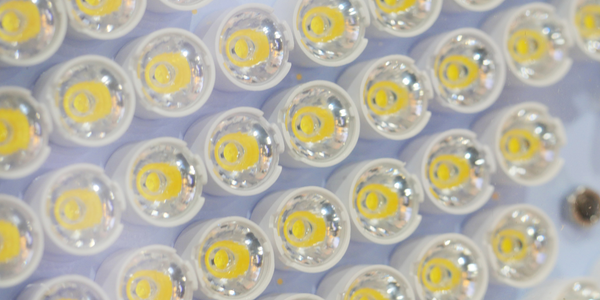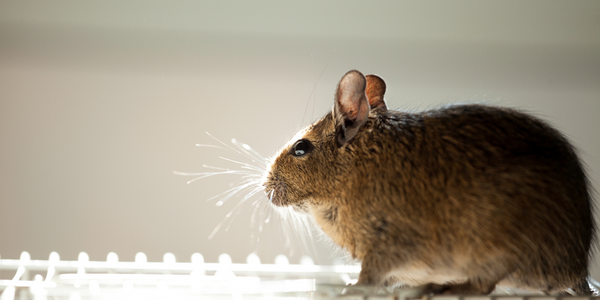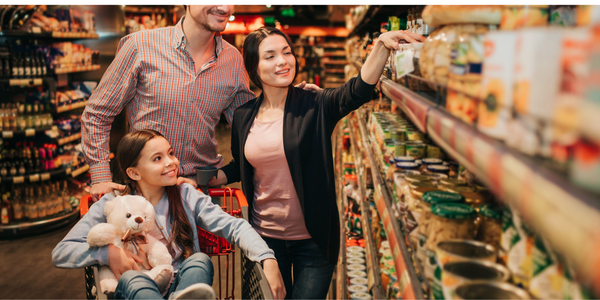Applicable Industries
- Consumer Goods
Applicable Functions
- Sales & Marketing
About The Customer
The customer in this case study is PZ Cussons, the parent company of Carex. PZ Cussons is a multinational consumer goods company, with operations in Europe, Africa, Asia, and North America. The company's portfolio includes a wide range of leading brands in personal care and beauty, home care, food and nutrition, and electrical goods. Carex, one of its brands, is a leading name in personal hygiene products. During the COVID-19 pandemic, Carex faced a significant challenge of meeting the increased demand for its products and communicating its efforts to its consumers.
The Challenge
When the COVID-19 pandemic hit, Carex, a leading brand in personal hygiene products, faced an unprecedented challenge. The demand for their products skyrocketed, leading to a complete sell-out across the UK. This situation forced the brand to halt its advertising campaigns to avoid frustrating its consumers who were unable to find their products on the shelves. As the pandemic continued to spread, the need for personal hygiene products, especially among key workers, the elderly, and the homeless, became more critical. Carex was tasked with the challenge of not only meeting this increased demand but also communicating their efforts to their consumers.
The Solution
In response to the challenge, Carex tripled its production. However, instead of using the increased supplies to boost its sales, the company decided to donate millions of units to key workers, the elderly, and the homeless. This move was a significant step towards supporting the community during the crisis. To communicate their efforts to their consumers, Carex launched a campaign called 'Helping Hands'. The campaign, created under strict lockdown conditions, featured individual stories of five staff members who played crucial roles during the crisis to ensure people in need could access Carex products. The campaign first aired on ITV during Emmerdale and was later rolled out across TV and VOD.
Operational Impact
Quantitative Benefit

Case Study missing?
Start adding your own!
Register with your work email and create a new case study profile for your business.
Related Case Studies.
.png)
Case Study
Improving Vending Machine Profitability with the Internet of Things (IoT)
The vending industry is undergoing a sea change, taking advantage of new technologies to go beyond just delivering snacks to creating a new retail location. Intelligent vending machines can be found in many public locations as well as company facilities, selling different types of goods and services, including even computer accessories, gold bars, tickets, and office supplies. With increasing sophistication, they may also provide time- and location-based data pertaining to sales, inventory, and customer preferences. But at the end of the day, vending machine operators know greater profitability is driven by higher sales and lower operating costs.

Case Study
Series Production with Lot-size-1 Flexibility
Nobilia manufactures customized fitted kitchens with a lot size of 1. They require maximum transparency of tracking design data and individual processing steps so that they can locate a particular piece of kitchen furniture in the sequence of processes.

Case Study
American Eagle Achieves LEED with GE LED Lighting Fixtures
American Eagle Outfitters (AEO) was in the process of building a new distribution center. The AEO facility management team decided to look at alternate options for lighting layout that could provide energy and maintenance savings. AEO would need a full-time maintenance employee just to replace burned-out fluorescent tubes.

Case Study
Revolutionizing Rodent Control
From pet- and child-safe traps, to touch-free and live-catch rodent control solutions, Victor continues to stay committed to producing superior products that meet the varying needs of today’s pest control professionals. And, with a long standing history supporting customers in the food processing, service, and retail settings, Victor knew that strict regulations were costing organizations thousands of dollars in excess overhead trying to manage their rodent-control solutions. Trap inspections in these environments are often difficult and time consuming, requiring personnel to manually check a trap’s status multiple times per day, amounting to over six hours of manual labor. Victor is looking for an innovative way to increase operational efficiencies with the use of technology.





